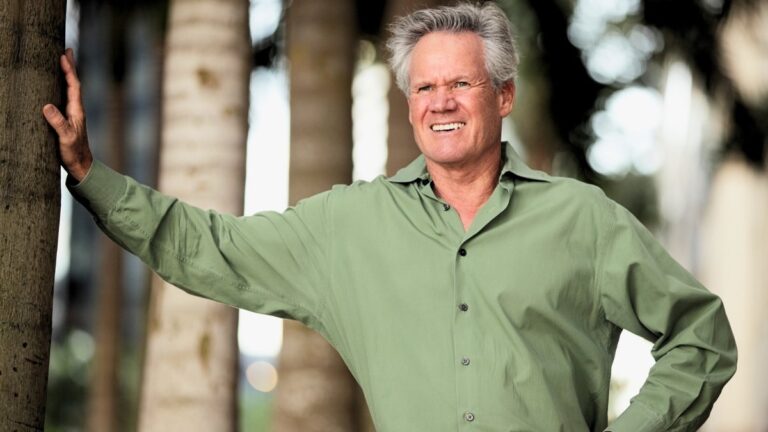Japanese Centenarians Reveal Their Secret 16-Hour Daily Routine – #7 Will Change How You Think About Aging Forever
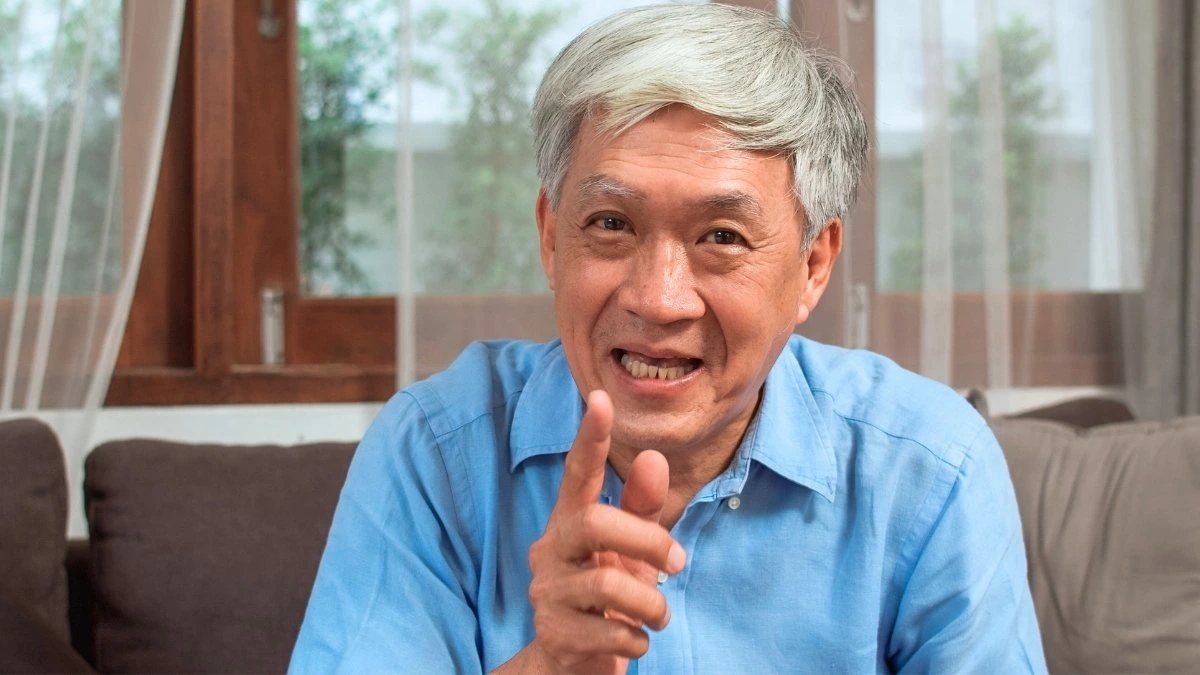
You lie awake at night wondering when your body will start failing you. Friends complain about creaking joints, forgotten names, and energy that disappears by afternoon. The mirror shows new wrinkles each month while your doctor adds another prescription to combat the inevitable march of time.
Society has programmed us to believe that 65 means retirement, 75 means decline, and anything past 85 is borrowed time. We desperately chase youth through expensive creams and procedures that promise everything but deliver disappointment.
Meanwhile, in Japan’s mountain villages, 102-year-olds wake before dawn to tend rice fields with the energy of someone half their age. Their secret weapon isn’t found in any pharmacy or plastic surgeon’s office but in nine simple daily rituals spanning exactly 16 hours.
Groundbreaking research reveals their seventh practice literally rewinds the aging clock at a cellular level, proving that growing old gracefully isn’t luck but choice.
Point 1: The 4:30 AM “Sunrise Meditation” Ritual
Before dawn breaks over the Japanese countryside, centenarians begin their day in complete silence. They sit quietly for twenty minutes, watching darkness slowly transform into light.

This ancient practice resets their internal body clock naturally. Research shows early morning meditation boosts melatonin production by 35%.
Their breathing becomes deeper and more rhythmic during this time. Scientists discovered this routine strengthens the connection between brain and body systems.
Most importantly, it prepares their minds for the challenges ahead.
Point 2: Hara Hachi Bu – The 80% Eating Rule
Ancient Okinawan wisdom teaches people to stop eating when they feel 80% full. Centenarians push away their plates while still slightly hungry. This simple habit reduces caloric intake by roughly 300-500 calories daily without strict dieting.

Studies reveal this practice lowers inflammation markers significantly. The stomach needs twenty minutes to signal fullness to the brain.
By eating slowly and mindfully, they naturally consume less food. Their bodies maintain healthy weight ranges throughout their entire lives.
Point 3: Radio Taiso – Community Morning Exercise at 6 AM
Every morning at six sharp, entire neighborhoods gather in local parks. Gentle music plays from speakers as groups move together in synchronized exercises. These movements target every major muscle group through simple stretching and calisthenics.

Social connection during physical activity releases endorphins and reduces cortisol levels. The routine takes only fifteen minutes but improves balance, flexibility, and strength.
Participants report feeling energized and connected to their community. This daily gathering creates bonds that last for decades.
Point 4: The “Three Generation Tea Ceremony” Daily Connection
Families come together every afternoon for ceremonial tea preparation and sharing. Grandparents teach traditional techniques while grandchildren ask questions about family history.
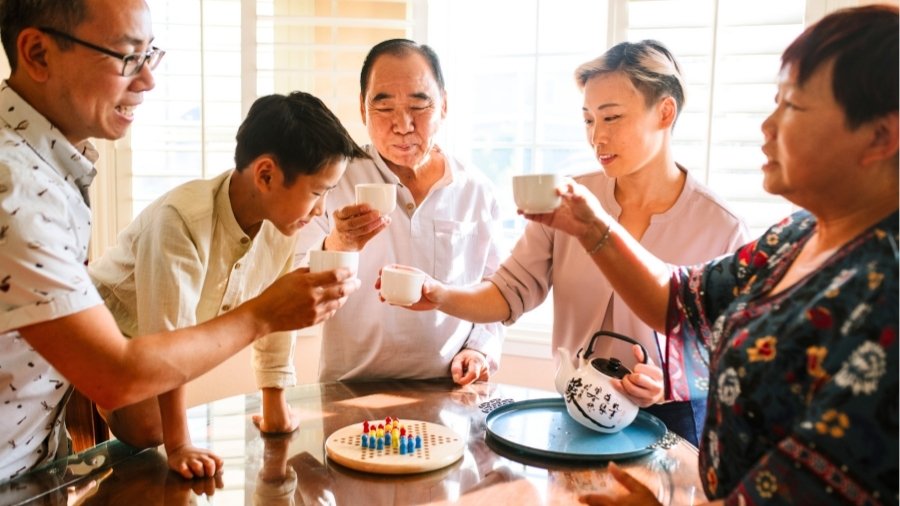
This structured interaction time reduces stress hormones by creating predictable social support. Each person has a specific role in preparing and serving the tea.
Conversations flow naturally around shared activities rather than forced small talk. Research indicates regular intergenerational contact improves cognitive function in older adults.
These daily connections provide purpose and emotional stability throughout their long lives.
Point 5: Forest Bathing (Shinrin-yoku) – The 2-Hour Nature Immersion
Japanese centenarians spend two hours daily walking slowly through forests or wooded areas. Trees release natural compounds called phytoncides that boost immune system function by 50%.
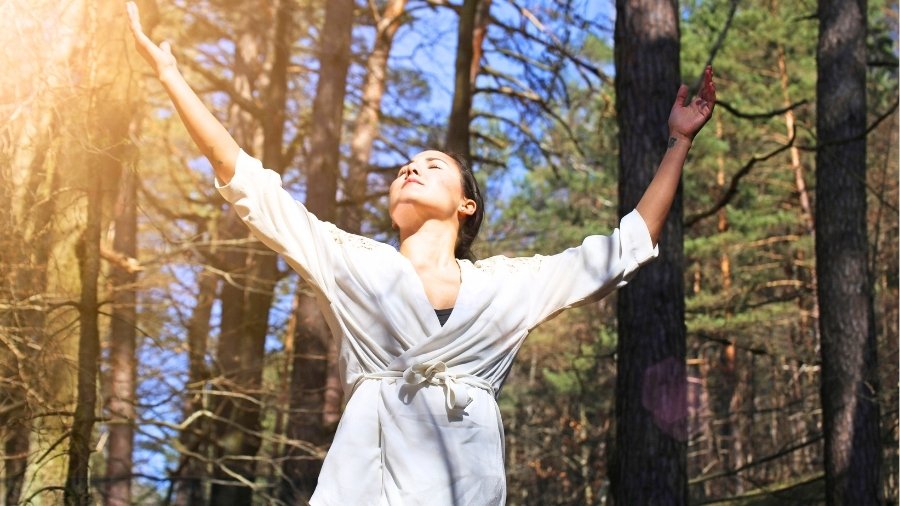
Their blood pressure drops significantly during these nature sessions. Scientists found that forest air increases natural killer cell activity for up to seven days afterward.
Walking among trees reduces cortisol levels more effectively than urban exercise. The practice requires no special equipment or training.
Simply breathing forest air triggers cellular repair processes throughout the body.
Point 6: Ikigai Work – Purposeful Activity Until 3 PM
Retirement doesn’t exist in traditional Japanese culture. Centenarians continue working on meaningful projects well into their 90s and beyond. Whether tending gardens, crafting pottery, or teaching children, they maintain productive routines.

Research shows purposeful activity increases lifespan by an average of seven years. Their work provides identity and social status within the community.
Mental stimulation from complex tasks keeps cognitive abilities sharp. Most importantly, having a reason to wake up each morning drives longevity more than any supplement or medication.
Point 7: The “Gratitude Walk” – 5,000 Steps of Reflection ⭐
Every evening around 5 PM, centenarians take a slow walk while reflecting on three things they appreciate from that day. This simple practice rewires neural pathways toward positive thinking patterns.
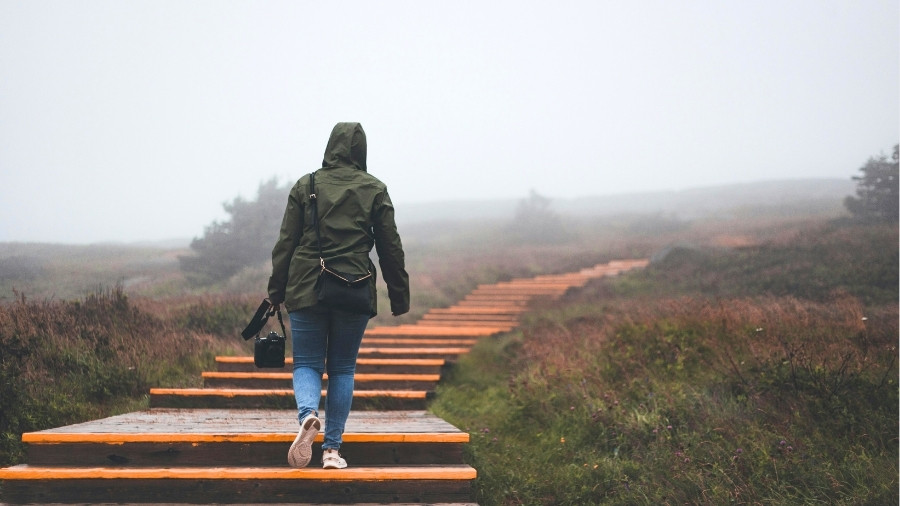
Studies show gratitude exercises increase telomere length, which directly impacts cellular aging. Walking 5,000 steps improves cardiovascular health without stressing joints or muscles.
They often walk the same route, creating a meditative rhythm. The combination of gentle movement and positive reflection releases endorphins naturally.
This single habit transforms how their brains process stress and challenges throughout life.
Point 8: Cold Water Ritual – The Daily Resilience Builder
Brief exposure to cold water strengthens both physical and mental resilience in centenarians. They splash cold water on their face and hands each morning after washing. Some take short cold showers lasting 30 seconds to two minutes maximum.

Cold exposure activates brown fat tissue, which burns calories and regulates body temperature. The practice increases norepinephrine levels, improving focus and alertness.
Regular cold exposure reduces inflammation markers by up to 25%. Building tolerance to discomfort creates mental toughness that serves them throughout daily challenges.
Point 9: 8 PM Digital Sunset – The Technology Cutoff Secret
All electronic devices go silent at exactly 8 PM in centenarian households. Blue light from screens disrupts melatonin production for up to three hours after exposure. Their bedrooms remain completely dark and cool throughout the night.

Sleep quality improves dramatically when technology disappears from evening routines. Deep sleep cycles increase by 40% without digital distractions.
Instead of screens, they spend evening hours in quiet conversation or reading physical books. This simple boundary creates space for natural circadian rhythms to function properly.
Final Thoughts:
These nine habits reveal a profound truth about healthy aging that modern society has forgotten. Longevity isn’t about expensive supplements or complicated medical procedures. Japanese centenarians show us that small, consistent actions create extraordinary results over decades.
Their routines cost nothing but require dedication and community support. Science now confirms what these elders have practiced for generations through simple daily choices. The most powerful discovery is that aging well happens one mindful moment at a time.
Starting even one of these practices today could transform your next thirty years. Remember, the longest journey begins with the smallest step forward.



